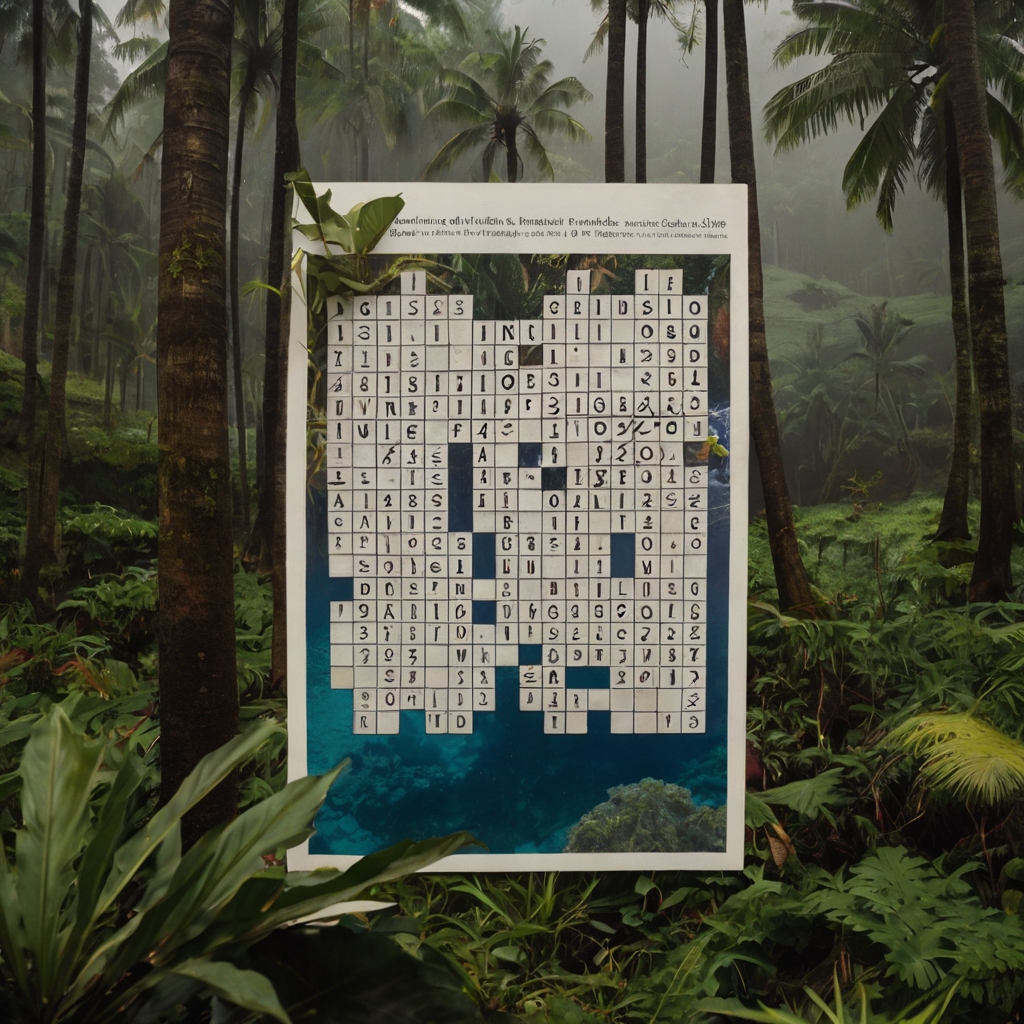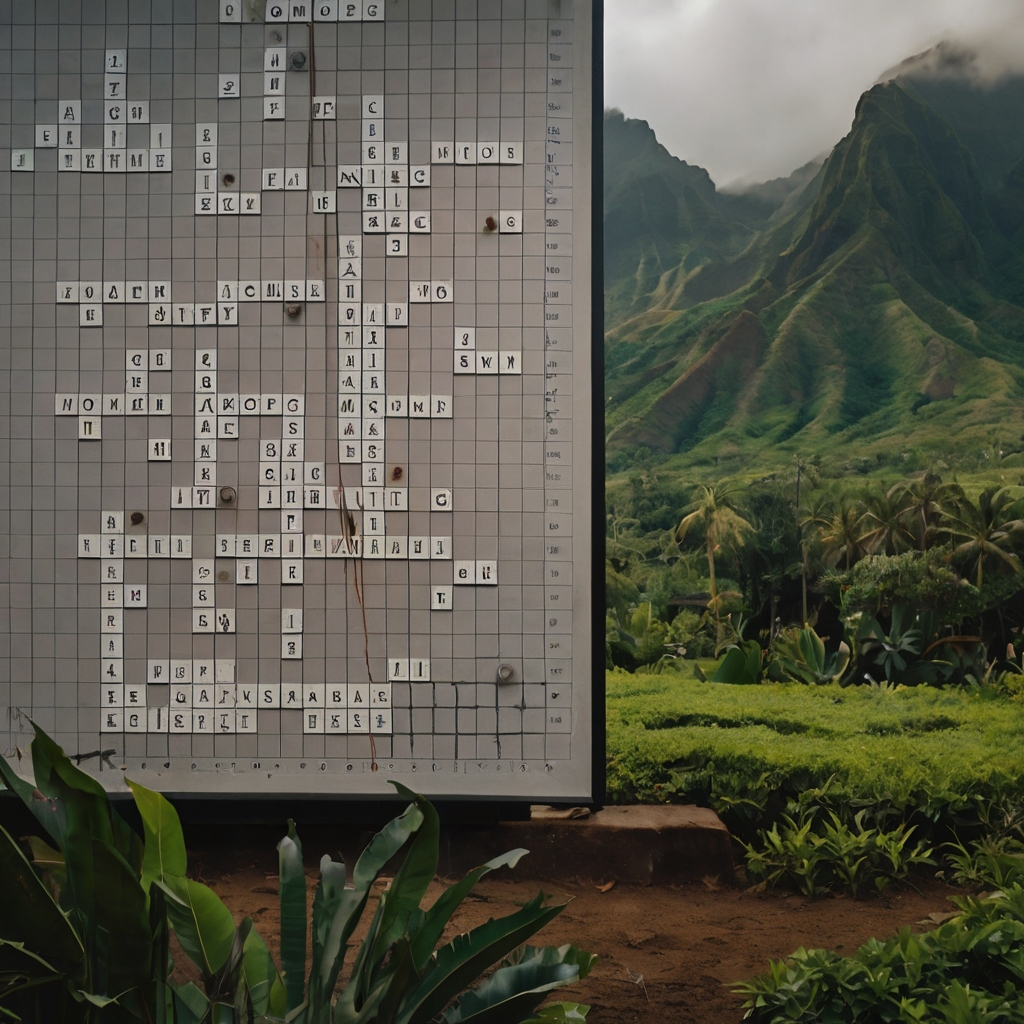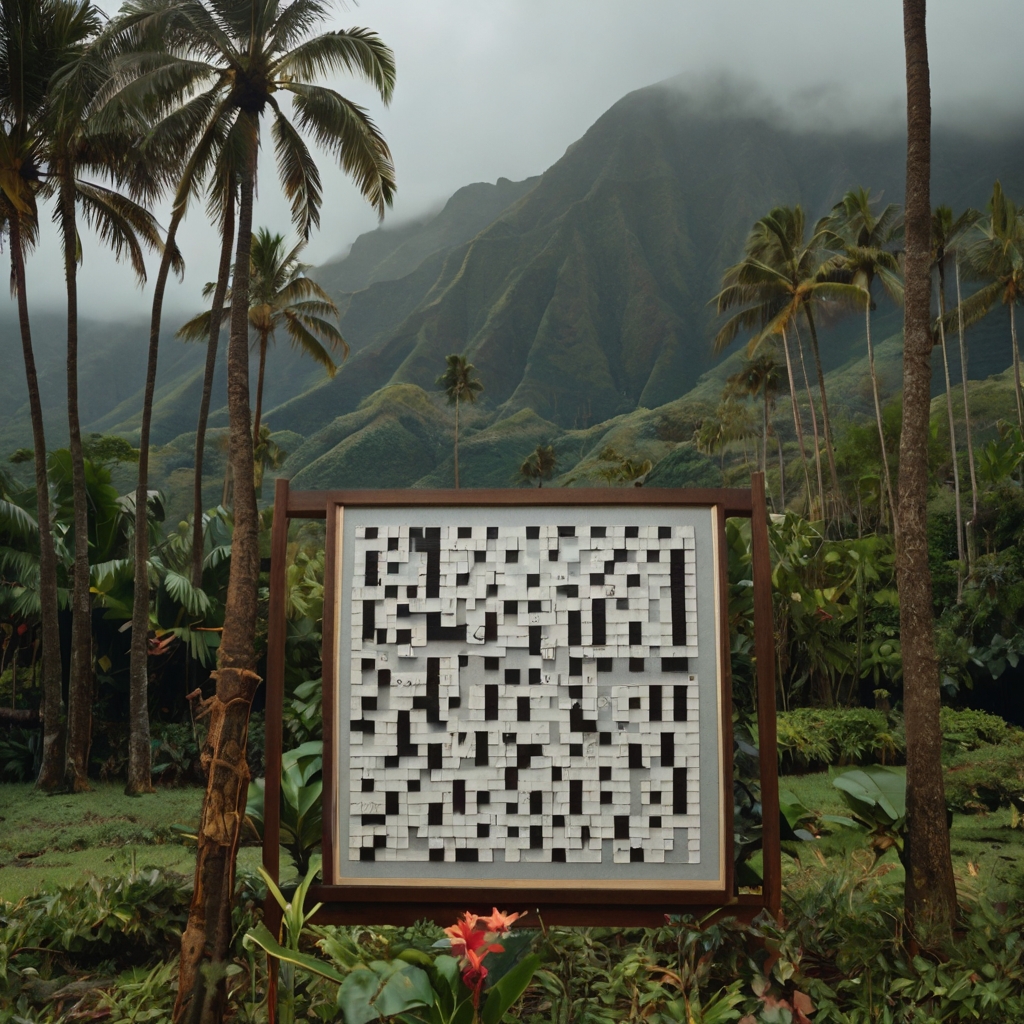Clues That Confuse: Why “Hawaii and Tennessee NYT Crossword” Puzzles Puzzle Us
Every avid crossword solver has faced that moment: eyes scanning across the grid, pen paused mid-air, and one clue glaring back—“Hawaii and Tennessee.” If you’ve ever been stumped by this, you’re not alone. The “Hawaii and Tennessee NYT Crossword” clue has stirred curiosity among puzzlers, leading to passionate debates across online forums and puzzle circles. But what makes this clue so engaging and tricky?
Let’s dive deep into what makes this clue both memorable and challenging while also unpacking how the crossword world works its magic with geography, trivia, and wordplay.
Table of Contents
What’s the Meaning Behind the Clue?
When solvers first see “Hawaii and Tennessee,” the immediate assumption is geography. However, seasoned solvers know that the New York Times Crossword rarely serves the obvious. The clue often hints at a shared quality or classification rather than a simple location reference. In most appearances, “Hawaii and Tennessee” are used to lead solvers to the answer: “States.” Simple, right? Not always.
The misdirection lies in how solvers approach the clue. Some might think of tourism, others consider sports teams, and a few jump to climate. But the beauty of the “Hawaii and Tennessee NYT Crossword” clue is that it strips away assumptions and demands flexibility in thinking.

Common Variations in Clue Structure
The NYT crossword doesn’t just repeat the same clue each time. Instead, it reshapes context. Examples include:
- “Hawaii and Tennessee, e.g.”
- “Places with capitals”
- “They have postal abbreviations”
- “Two of the 50”
Each version nudges solvers toward the same answer, yet the approach varies. This reflects a deeper strategy: keeping puzzles fresh while revisiting familiar ground.
Why These Two States?
Why do Hawaii and Tennessee get paired so often in the NYT Crossword? It’s a deliberate choice. These two states sit at opposite ends of many spectrums—culture, climate, geography. Hawaii evokes images of islands and volcanoes, while Tennessee recalls Appalachian landscapes and music heritage. Yet both share a unifying classification: they are U.S. states.
Their contrast draws attention. This cognitive dissonance is what puzzle creators thrive on. When solvers see such different states grouped, it triggers a mental reset—forcing a broader view.
Strategy Behind the Puzzle Design
NYT crossword editors apply layered techniques when constructing clues. The pairing of Hawaii and Tennessee acts as both bait and brain teaser. The strategy often involves:
- Ambiguity: The clue offers minimal guidance on the type of connection.
- Contrast: Selecting states with no obvious similarities to sharpen confusion.
- Simplicity masked as complexity: A one-word answer like “states” feels too easy—but often is correct.
This clever balance of simplicity and challenge showcases the crossword’s masterful design.

How Solvers React to the Clue
Online crossword communities, like those on Reddit and Wordplay by NYT, often highlight this clue as a classic example of misleading simplicity. Many solvers recall the first time they faced it, stumped by its ambiguity. But once the answer clicks, the “aha!” moment becomes unforgettable.
This shared experience builds community. It fosters discussion and learning, especially for newcomers trying to understand the language of crosswords.
Educational Value Behind the Clue
The “Hawaii and Tennessee NYT Crossword” clue also holds educational potential. It subtly teaches solvers to:
- Identify categorization logic
- Recognize clue misdirection
- Learn U.S. geography through repetition
- Build mental flexibility
In classrooms and learning environments, crossword puzzles like this one are used to enhance vocabulary, improve critical thinking, and encourage lateral problem-solving—all in a fun, engaging format.

The Eco-Friendly Puzzle Movement
Interestingly, crossword puzzles, especially in their digital form, align with eco-conscious trends. The NYT Crossword app promotes sustainable entertainment by reducing the need for paper puzzles. Unlike physical board games or printed media, digital puzzles generate less waste. Solvers can engage daily with fresh clues—like “Hawaii and Tennessee”—without environmental guilt.
For readers who prioritize eco-friendly choices, crossword solving becomes more than a hobby. It reflects values. A small, mindful shift toward digital puzzles supports sustainability while feeding the intellect.
What Makes a Clue Memorable?
Not every crossword clue becomes legendary. So why does “Hawaii and Tennessee” stand out?
- Surprise factor: The unexpected pairing sparks curiosity.
- Cultural familiarity: Everyone knows these states, but not their hidden similarities.
- Repetition with variation: The clue appears regularly, but always with a twist.
- Layered logic: Solvers must think broadly, not literally.
This combination etches the clue into memory. Once a solver encounters it, they rarely forget it.
Also read: Shocking Justin Timberlake Toxicology Scandal: What Really Happened and Why It Matters
Final Thoughts: Why This Clue Works
The “Hawaii and Tennessee NYT Crossword” clue embodies the elegance of well-crafted puzzles. It’s not flashy, obscure, or trivia-laden. Instead, it uses everyday knowledge in a clever, thought-provoking way. It encourages flexibility, reinforces learning, and rewards insight.
Whether you’re a beginner or a seasoned solver, clues like this remind us why we return to crosswords day after day. They challenge assumptions, celebrate knowledge, and create community—all in a tidy grid.
If you see “Hawaii and Tennessee” in a future crossword, you’ll know exactly what to do. Smile, write “states,” and admire the ingenuity behind such a simple, powerful clue.


